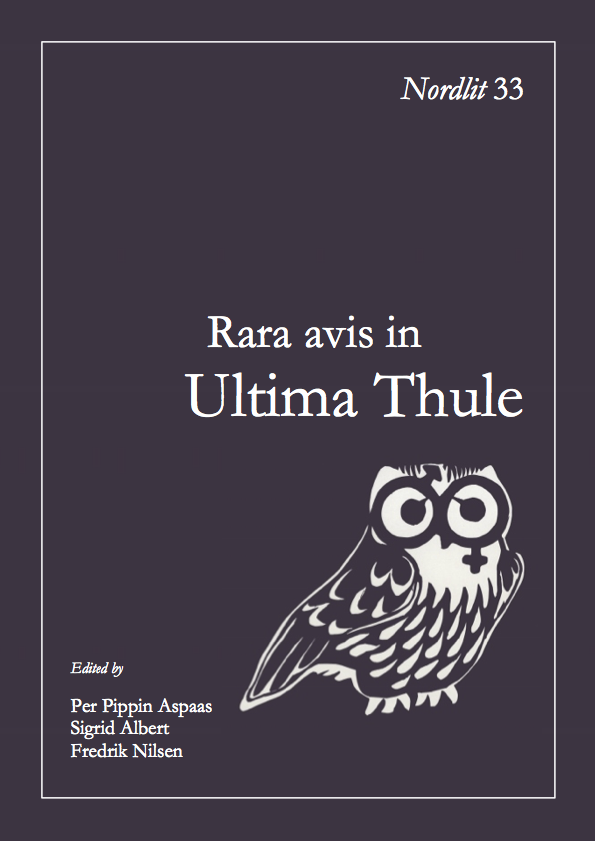“Ardebo igneo amore Tui”: De Coelestino Leuthnero O.S.B., Matris Dei amatore
DOI:
https://doi.org/10.7557/13.3164Keywords:
Maria, mater Iesu, religio catholica, Lutherani, Salisburgum, Austria, Bavaria, Epigrammata, Odae, Elegiae, Martialis, Horatius, Propertius, Ovidius, Maria StuartaAbstract
"In my fiery love for you I will burn": Coelestinus Leuthner OSB, the lover of the Mother of God. This article examines the Latin poems of the Benedictine monk Coelestinus (Cölestin) Leuthner (1695–1759), who taught Rhetoric at the gymnasiums of Freising and Salzburg. Those who read Leuthner will find that his poetry, for all its variety with regard to both genres (epigrams, odes and elegies) and subject matters (which are indeed many and diverse), creates a kind of red string leading – like an Ariadne’s thread – to Mary, the mother of Jesus. Poems in her honour are placed at the beginning of every single part of his collection of poems (Salzburg, no year), seemingly in order to render the various parts of the work coherent with each other. Through these opening poems the poet gradually ascends to the summit of his own affections for Mary. He starts by addressing Mary as the Lady of Sorrows, then turns to the Lady of Miracles and after that to the Refuge of Sinners, until he finally praises Mary Assumed into Heaven. According to the different literary genres Leuthner refers either directly or subtly and covertly to various Roman poets who are considered the foremost in their genres. Thus, in his epigrams, Leuthner alludes to Martial, in his odes, to Horace, in his elegies, to Propertius and Ovid. Furthermore, Leuthner considers the very name of Mary to contain something magnificent and gracious. This is something which the poet illustrates not only through one particular poem, in which he deals with three etymologies of her name, but also through examples taken from history, namely, Mary the sister of Lazarus and Mary Stuart, the catholic Queen of Scotland who suffered what Leuthner reckons to be a particularly memorable martyr’s death for her faith. When all these circumstances are taken into consideration, it becomes evident that this manifest love for Mary the Mother of God, whom the poet does not refrain from characterizing as “divine” and a “goddess”, actually constitutes Leuthner’s special way of taking up arms against the Lutherans, who used to abstain from the cult of the Immaculate Virgin and martyrs in general. Finally, in the examination of Leuthner’s poetry considerable importance should be ascribed to the Prince and Archbishop of Salzburg, who after all kept Leuthner on his payroll, and even more to the Royal House of Habsburg itself, with its efforts to keep reformed Christians away from its territories.Downloads
Published
2014-11-16
How to Cite
Smolak, Curtius. 2014. “‘Ardebo igneo amore Tui’: De Coelestino Leuthnero O.S.B., Matris Dei amatore”. Nordlit, no. 33 (November):345-61. https://doi.org/10.7557/13.3164.
Issue
Section
Articles









